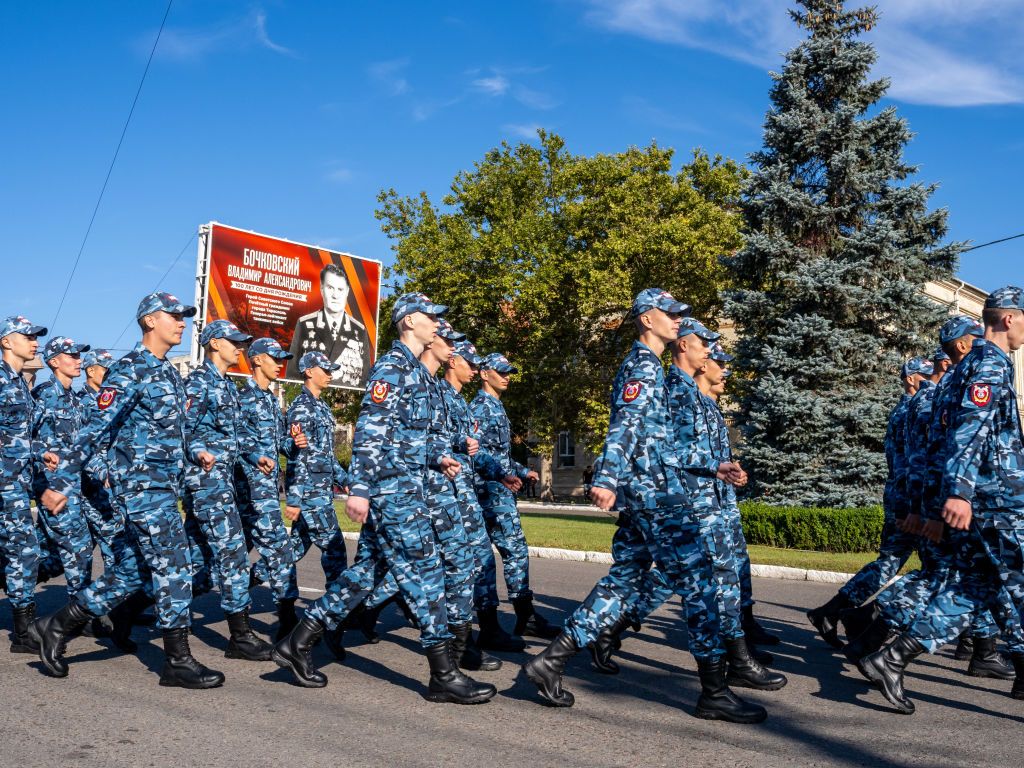ISW: Kremlin has yet to signal its response following Transnistria's appeal for 'protection'

The Kremlin has yet to signal an immediate route for escalation following the appeal of lawmakers in the Russian-controlled Moldovan region of Transnistria, the Institute for the Study of War (ISW) said in its latest assessment.
On Feb. 28, lawmakers in Transnistria have asked Putin to protect their region from what they claim are threats from Moldova’s government.
No country officially recognizes Transnistria, where Russia has kept a steadily dwindling military presence for decades, now standing at around 1,500 troops.
The Russian Foreign Affairs Ministry said in response to the Transnistrian Congress of Deputies’ appeal that protecting the interests of Transnistrian residents and Russia’s “compatriots” is one of Russia’s priorities and promised to “carefully consider” the Transnistrian requests. The experts indicate that Russian leader Vladimir Putin may respond to the Transnistrian requests during his speech to the Russian Federal Assembly on Feb. 29.
Before Wednesday, the congress’ most recent meeting was in 2006, when it passed a referendum calling to join Russia.
Ukraine's Foreign Ministry said on Feb. 20 that Kyiv will "firmly respond" to any attempts to involve Transnistria in Russia's war and destablize Moldova.
The ISW notes that the most likely course of action is that the Kremlin will use the Congress as a springboard to intensify hybrid operations aimed a destabilizing and further polarizing Moldova ahead of Moldova-European Union (EU) accession negotiations and the upcoming Moldovan presidential election in June and November 2024, respectively.
The most dangerous course of action, according to the think-tank, is that the Kremlin may decide to formally annex Transnistria in the future in order to justify military intervention against Moldova in the long-term.











